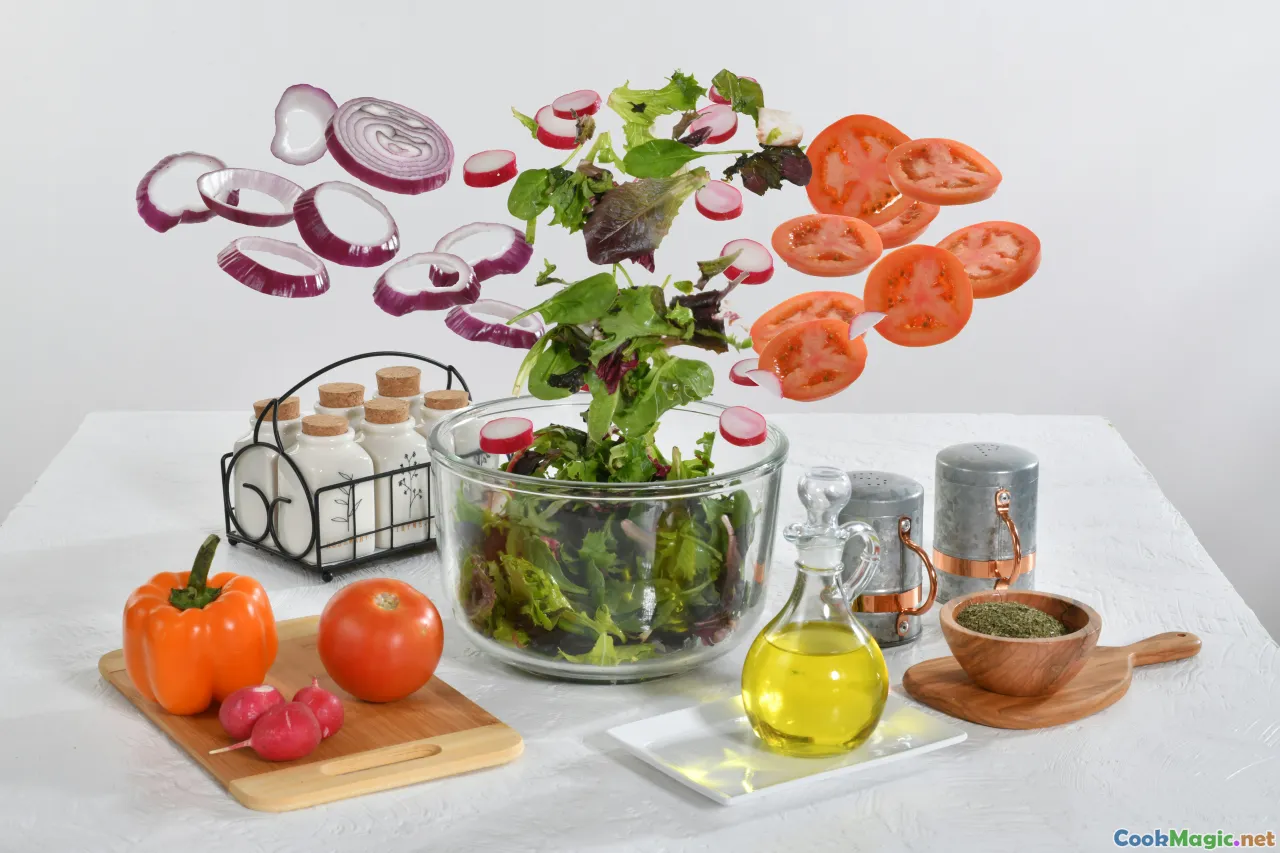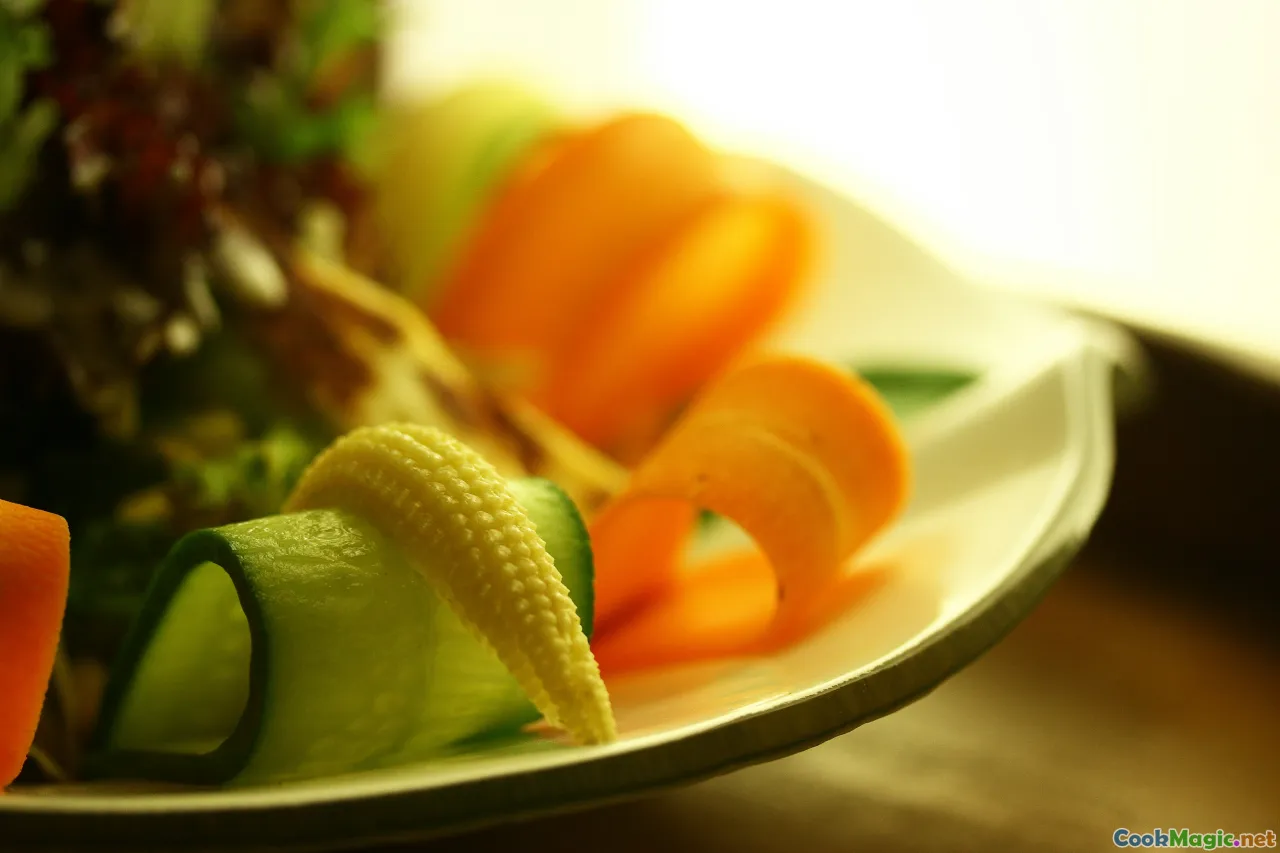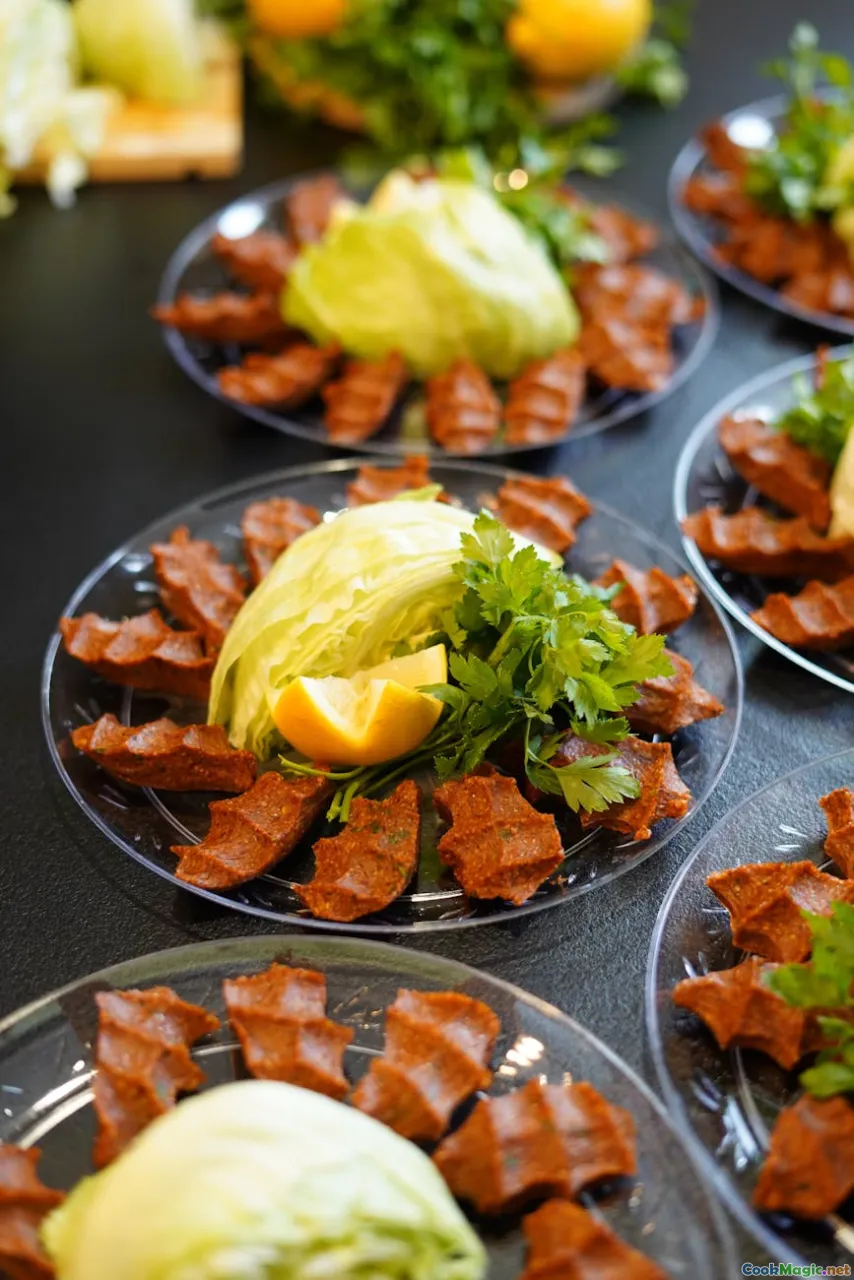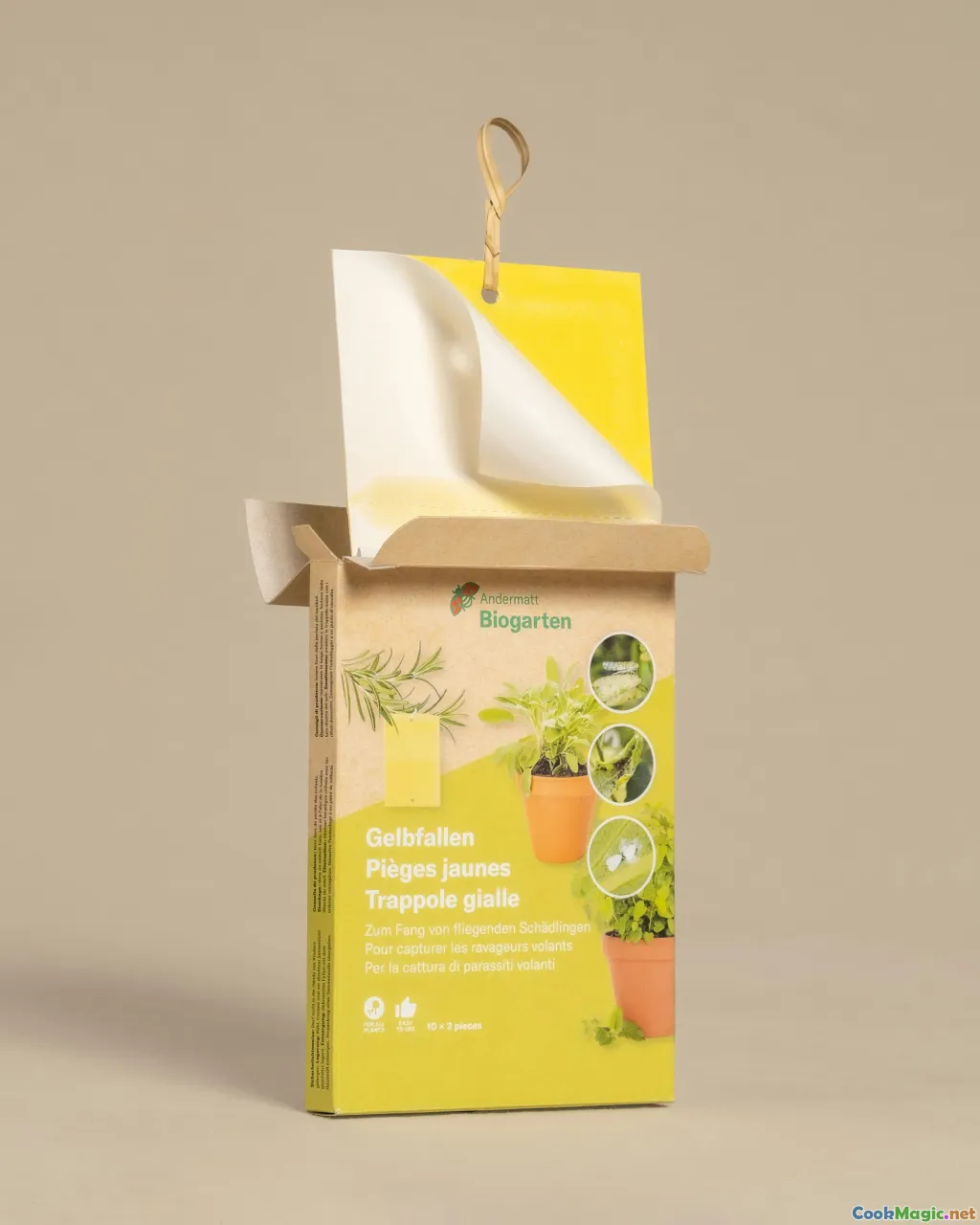Vegan Innovation at Food and Drink Shows
10 min read Exploring how food and drink shows showcase groundbreaking vegan creations and trends shaping the future of plant-based culinary innovation. June 22, 2025 18:05
Vegan Innovation at Food and Drink Shows
Stepping into the bustling halls of a food and drink show is like entering a vibrant carnival of aromas, colors, and textures. Amid the clamor of traditional cuisines and time-honored recipes, a thrilling transformation is rippling through the culinary landscape: the surge of vegan innovation. From sleek, plant-based meat analogues to artful cheese substitutions, the vegan sector is rewriting the story of what it means to cook, eat, and celebrate food. As a passionate culinary observer, I’ve watched this movement blossom, fueled by trailblazing chefs, daring startups, and forward-looking attendees eager for healthier, more sustainable choices.
These shows are more than just exhibition spaces—they are crucibles of discovery, catalysts for cultural dialogue, and platforms where tradition meets innovation. Let’s embark on a journey through the latest wave of vegan ingenuity at these festive gatherings, exploring how it transforms our palate and our perspective.
The Rise of Plant-Powered Pioneers: From Niche to Mainstream

In recent years, vegan innovation has transitioned from a niche curiosity into a prominent fixture at major food and drink shows worldwide. Once perceived solely as health-focused or countercultural, plant-based foods now command center stage, attracting both curious omnivores and dedicated vegans alike.
At events like the annual Expo West in California or London’s Foodex, startup booths burst with an array of revolutionary products: cucumber-based seafood analogs, jackfruit pulled paradigms, and mushroom leather that mimics fine artisanal goods. Companies such as Beyond Meat, Impossible Foods, and the British startup Oumph! are pushing boundaries, offering textures and flavors that challenge even the most skeptical palate.
For example, Beyond Meat's Tender Grass-Fed beef alternatives showcase a buttery juiciness and robust grilled flavor, while Impossible’s Pork Salt & Pepper slices boast a smoky heat that blurs the lines between plant-based and traditional pork dishes. These innovations are not merely imitations—they are redefining expectations.
Sensory Storytelling: Creating Experience through Texture and Flavor

One of the most captivating aspects of vegan innovation at food shows is the attention to sensory storytelling. Chefs and food scientists understand that eating is an immersive act—touching, smelling, tasting—and they craft their creations to evoke emotion as much as taste.
Take the example of the Vegan Cheese Pavilion at the Munich Food & Drink Fair. Artisans there craft cheese that not only mimics the appearance and melting qualities of aged Gouda or Brie but also fills the air with earthy, fermented notes that rival their dairy counterparts. The silky-smooth mouthfeel of a pepper jack made from cashew milk or the crumbly yet creamy texture of a vegan blue cheese can take your senses on a journey reminiscent of traditional dairy.
Another memorable dish at a recent London Vegan Food Festival was a Cracked Pepper Beet Tartare paired with a smoky cashew ‘mayo’—a textural delight that plays with the contrast of firm beet cubes against the creamy richness beneath. Such dishes celebrate the potential of plant ingredients—not only mimicking but reimagining textures and flavors.
Cultural Revival and Fusion: Honoring Heritage with Innovation

Vegan innovation is also a bridge to cultural preservation and revival. Chefs are rediscovering ancient grains, traditional fermentation techniques, and indigenous vegetables, elevating them within modern, plant-based contexts. These moments of cross-cultural fusion create dishes that are both respectful of tradition and excitingly novel.
For instance, at the New York Food & Wine Festival, an Asian-inspired booth showcased vegan renditions of classic dishes, like Tofu Satay Skewers with Spicy Peanut Sauce and Kimchi-Infused Jackfruit Buffs. Here, fermented kimchi—once a humble staple—became a flavorful centerpiece, adding probiotic benefits and tangy depth.
In Italy, chefs are reinvigorating ancient legume-based pasta recipes using chickpeas and lentils, crafting hearty, protein-rich vegan versions of regional favorites like pappardelle and orecchiette. This renaissance speaks to a cultural respect that enriches the innovation.
Sustainability and Ethical Innovation: Food for the Future

Facing climate crises and ethical debates, vegan innovation highlights sustainability at its core. Exhibitors showcase not only delicious foods but also eco-conscious packaging and waste-reducing processes.
At recent European fairs, edible packaging made from seaweed or rice hulls appeared alongside vegan treats, offering biodegradable alternatives to plastic wrappers. Companies like Seed Phases display compostable, seed-embedded containers that grow herbs or vegetables once planted—a literal embodiment of regenerative food practices.
All these innovations speak to a future where every forkful supports planetary health. Culinary artisans are experimenting with less resource-intensive ingredients, exploring native crops, and streamlining supply chains to minimize carbon footprints.
Personal Insights: The Emotional Connection to Food Innovation

In my experience wandering through these showcases, I've observed that vegan innovation often sparks emotional connections. Visitors aren't just sampling new products—they're embracing hope, progress, and respect for the earth and its diverse cultures.
I vividly remember tasting a vegan shiitake pâté served with toasted sourdough at a Berlin food festival. The umami-rich flavor transported me to a forest walk, evoking a sense of connection to nature and tradition. Such moments remind us that food is more than sustenance; it’s a vessel for stories, memories, and possibilities.
Tips for Attendees: Embracing Vegan Innovation
- Keep an open mind: Be adventurous with unfamiliar textures and flavors. Vegan dishes often surprise with their depth and complexity.
- Engage with creators: Ask questions about sourcing, techniques, and inspiration—many behind these products are passionate storytellers.
- Attend tastings and demos: These sessions often reveal innovative methods and allow you to experience new culinary perspectives firsthand.
- Support emerging brands: Your enthusiasm and purchases can help bring futuristic ideas closer to widespread adoption.
- Share your experiences: Spread the word on social media, highlighting the stories and innovations that resonate with you.
The Future Is Plant-Forward
As food and drink shows continue to evolve, one thing is clear: vegan innovation is no longer a sideline but a central aesthetic of modern gastronomy. Through the integration of technology, cultural respect, and a deep desire for sustainable living, culinary creatives are transforming our understanding of what plant-based cuisine can be.
The colorful, inventive dishes—sometimes startling, often comforting—serve as culinary beacon lights guiding us toward a future where food nourishes not just our bodies but our planet. That promise, palpable in the vibrant booths and bustling aisles, is what keeps the excitement alive.
Food festivals are no longer just about tasting—they are about reinventing. They are about tasting the future.









